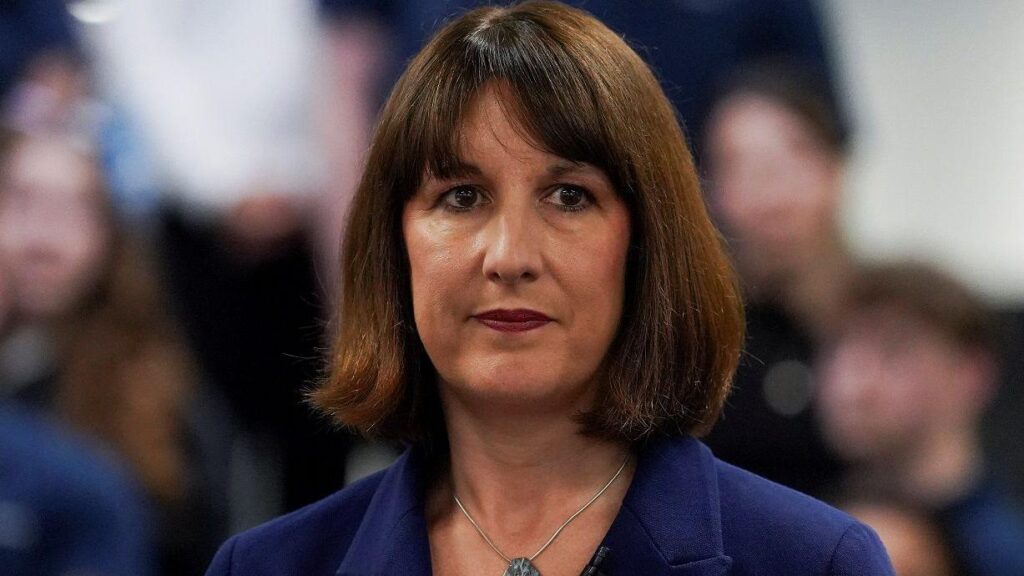
Over the next ten years, rents for social housing will increase by a greater amount than the rate of inflation as part of the United Kingdom government’s objectives to expedite the construction of affordable housing and to strengthen the financial situation of landlords who are experiencing difficulties.
Rachel Reeves, the chancellor, is currently working on plans to implement a formula that will be used to calculate social rent on properties over a period of ten years. This formula will result in rents growing annually by the rate of the consumer price index, which is currently 2.2% plus 1%, so removing a cap that was previously installed on rent increases.
It is anticipated that the plan for social rent homes, which are homes that are typically rented at fifty percent of the market rate, will be well received by the councils and housing associations that are currently experiencing a squeeze on their finances, which has caused the construction of houses to be halted.
Several organisations, including the National Housing Federation, which is the representative body for housing associations in England, and the Local Government Association, which is the national membership body for local authorities in England and Wales, have advocated for a rent settlement that would be in effect for a period of ten years. This would provide landlords with greater assurance regarding their cash flows and the confidence to invest in new stock.
According to a government source who spoke with the Financial Times, which was the first publication to publish on Reeves’s rent scheme, the modifications were intended to provide landlords with long-term security.
As part of a goal to construct 1.5 million houses during the current parliament, the Deputy Prime Minister, Angela Rayner, has pledged to produce the most significant increase in affordable and social housing in a generation.
During the previous month, she presented a number of housing initiatives that are intended to help this, including assurances that “rent stability” will soon be provided and specifics regarding government investment.
Councils have, for the most part, ceased large-scale housebuilding in recent decades. For more than four decades, local authorities have been responsible for supplying fewer than two percent of the new homes that are constructed in the country.
Housing associations, which are responsible for the construction of the vast bulk of social housing, have similarly reduced their spending on development. Instead, they have chosen to invest in pre-existing structures in response to the Grenfell Tower fire and other scandals that have brought to light the general lack of quality in their stock.
In the twelve months leading up to March 2014, housing associations were only able to set up 30,631 affordable houses, which is a 22% decrease from the previous year.
As a result of the rent increase, some of the 3.8 million families in England who are subject to social rent will see their rates rise on a continuous basis. These households have been protected from significant inflationary increases in recent years due to government limitations on rent increases.
On the other hand, this is likely to increase the overall cost of housing benefits for the government over time, given that a significant number of social renters receive housing assistance.
In 2012, the Conservative-led coalition government first established a rent settlement for a ten-year period. This settlement would result in rents growing at a rate equal to the retail price index plus 0.5%. George Osborne, who was serving as chancellor at the time, overturned this in 2015. In an effort to minimise the amount of money that was being spent on housing benefits, he increased the annual rent by one percent for a period of four years.
A five-year settlement of CPI plus 1% was provided to the sector of the economy in the year 2020. Nevertheless, after the headline rate of inflation reached more than 11% in 2022, the government eventually decided to limit any increases to a maximum of 7%.
According to the National Housing Federation (NHF), rents are currently 15% lower in real terms than they were in 2015. Additionally, the cumulative rent cuts and caps have contributed to the fact that councils will face a £2.2 billion black hole in their housing budgets by the year 2028.
A spokesperson for the Ministry of Housing, Communities, and Local Government stated, “We are currently working to fix the foundations of our housing and planning system, and we will set out our plans at the next fiscal event.”